The Illinois Sustainable Technology Center (ISTC) has received a Gold Award for its achievements in the State Electronics Challenge (SEC)–a comprehensive nationwide environmental sustainability initiative that currently reaches more than 223,000 employees in 39 states. ISTC was recognized for its accomplishments in green purchasing, energy conservation, and responsible recycling of electronic office equipment in 2017.

“The Illinois Sustainable Technology Center is truly an outstanding example of a commitment to environmental leadership,” commented Lynn Rubinstein, SEC Program Manager. “This is the fourth year in a row that ISTC has earned a Gold Award.” She added that “ISTC is one of only 16 organizations nationally being recognized this year and the only one in Illinois.”
“We’re honored to have received this recognition, and value our participation in the SEC program,” said Joy Scrogum, ISTC Sustainability Specialist and coordinator for its Sustainable Electronics Initiative and Illini Gadget Garage projects. “The guidance and resources available through the SEC were very helpful in creating ISTC’s policy on purchasing, use, and disposal of IT equipment. They also create a useful framework for discussing operational changes in terms of these lifecycle phases for electronics with ISTC’s own technical assistance clients. Even though public entities and non-profits are the types of organizations which may participate in the SEC, I often refer other types of organizations to the Program Requirements Checklist for a simple guide to best practices. I’d love to see more units at the University of Illinois join the SEC, and in general see more participants in the state of Illinois.”
The State Electronics Challenge offers its participants annual opportunities to document their achievements and receive recognition for those accomplishments. In 2017, the reported actions of 31 participants in green purchasing of electronic office equipment, power management, and responsible reuse and recycling:
- Prevented the release of 5,503,212 metric tons of carbon dioxide equivalent. This reduction in greenhouse gases is equivalent to the annual emissions from 1,163,470 passenger cars.
- Saved enough energy to supply almost 5,000 homes per year .
- Avoided the disposal of hazardous waste equivalent to the weight of 1,258 refrigerators.
- Avoided the disposal of solid waste – garbage – equivalent to the amount generated by more than 750 households/year.
A full list of winners and their environmental accomplishments can be found on the State Electronics Challenge website (www.stateelectronicschallenge.net).
“The State Electronics Challenge provides state, tribal, regional and local agencies, as well as schools, colleges and universities and non-profit organizations with a great opportunity to integrate concepts of sustainability and waste reduction into their operations,” added Ms. Rubinstein. “It’s inspiring to see programs such as this one developed and implemented ISTC to ensure that the highest environmental practices are met through the lifecycle of office equipment.”
The State Electronics Challenge awards were made possible through donations from Samsung and the R2/RIOS Program.
About the State Electronics Challenge
The State Electronics Challenge assists state, regional, tribal, and local governments to reduce the environmental impact of their office equipment. It annually recognizes the accomplishments of Partner organizations. The Challenge is administered by the Northeast Recycling Council (www.nerc.org). Currently, 168 state, tribal, regional, colleges, schools, universities, and local government agencies, and non-profit organizations, representing more than 223,000 employees, have joined the SEC as Partners. For more information on the SEC, including a list of current Partner organizations, visit www.stateelectronicschallenge.net.


 The Ewoks’ Forest Moon of Endor sustained them in their happy lifestyle. But what happened on Tatooine, where Anakin and Luke grew up? Environmentally it took a wrong turn at some point, reminding us of droughts and wildfires growing more common in California and across the country.
The Ewoks’ Forest Moon of Endor sustained them in their happy lifestyle. But what happened on Tatooine, where Anakin and Luke grew up? Environmentally it took a wrong turn at some point, reminding us of droughts and wildfires growing more common in California and across the country.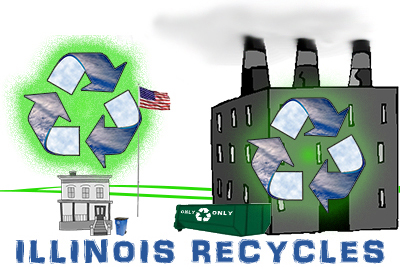

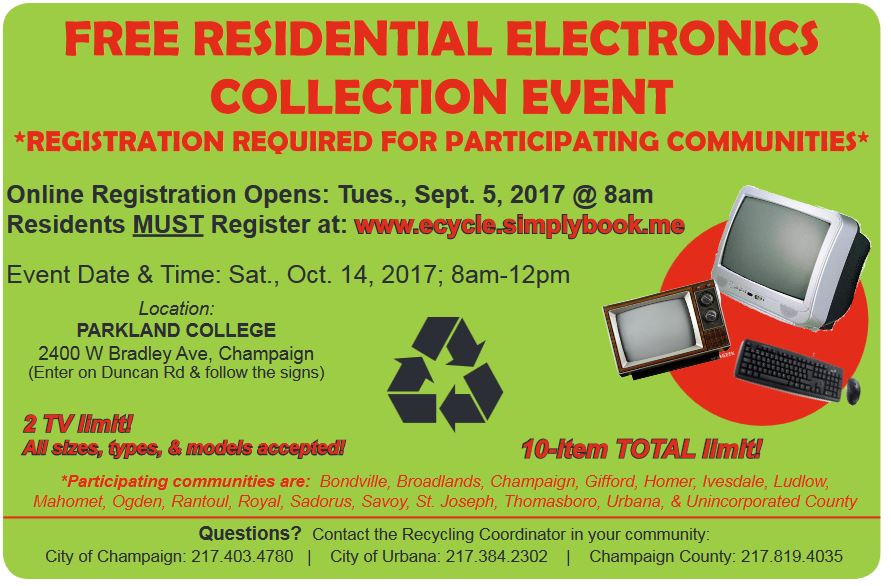
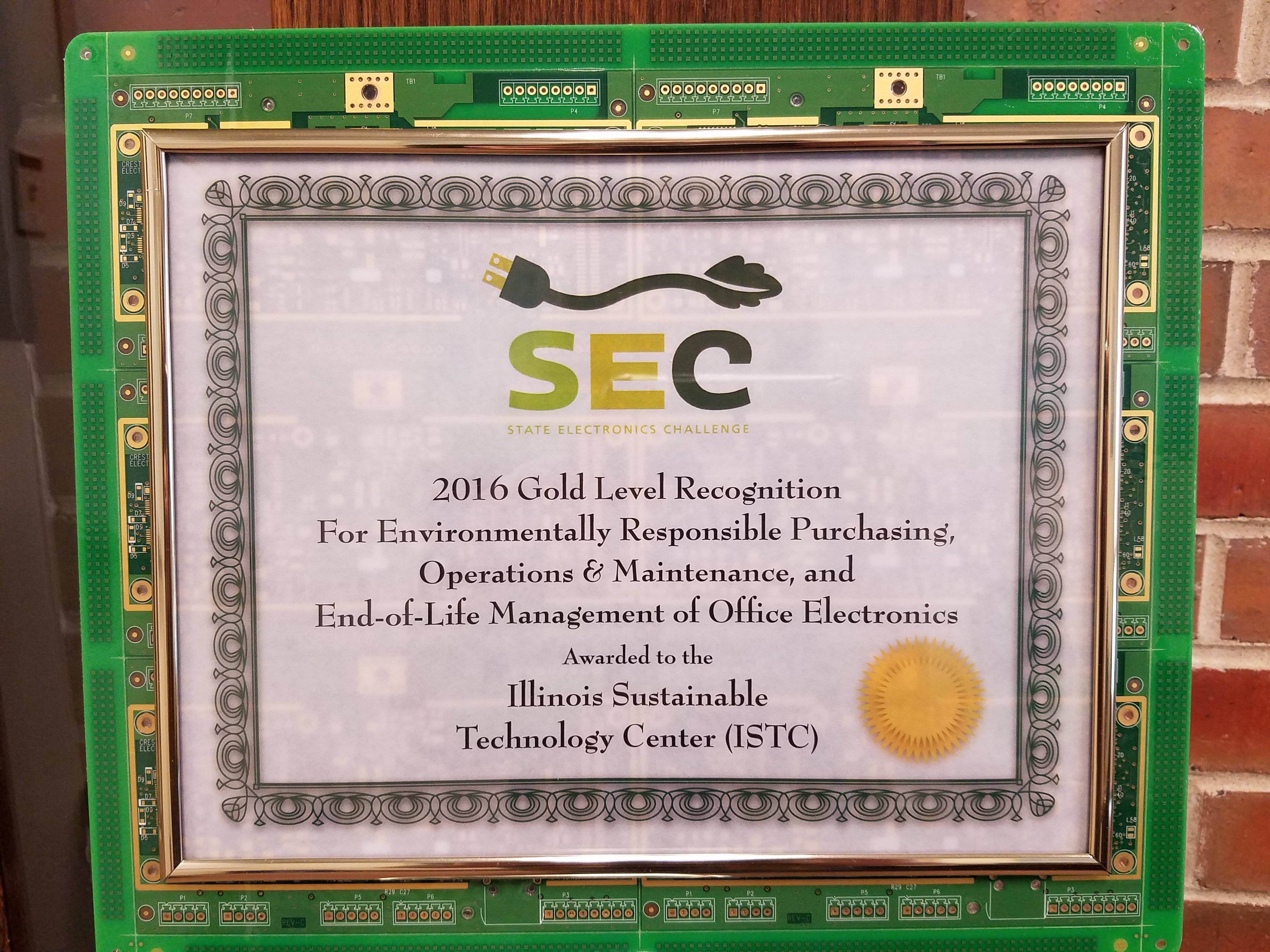
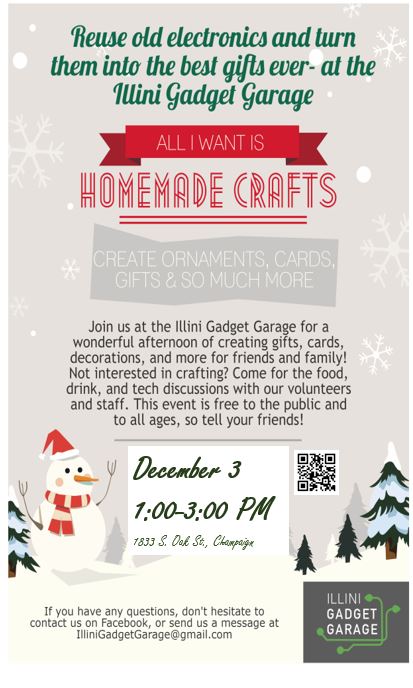
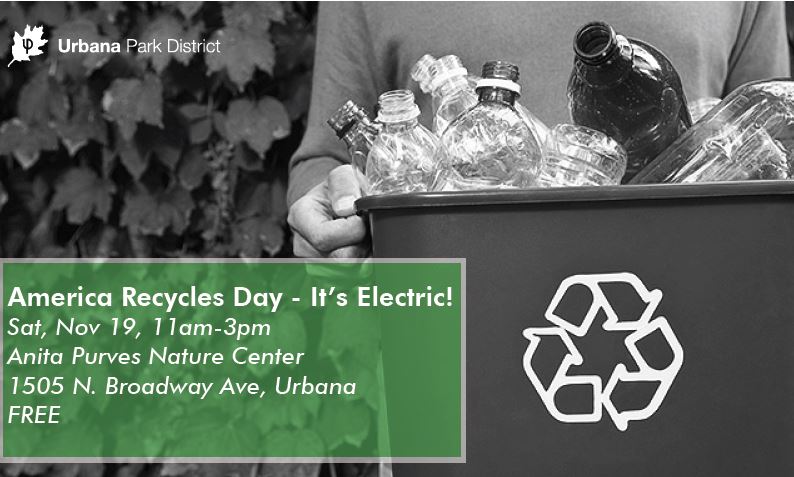


 adline has been extended until April 27th to submit applications for the EPEAT Purchaser Awards. The awards recognize excellence in green procurement of electronics. EPEAT Purchasers will earn a star for each product category for which they have a written policy in place that requires the purchase of EPEAT registered electronics.
adline has been extended until April 27th to submit applications for the EPEAT Purchaser Awards. The awards recognize excellence in green procurement of electronics. EPEAT Purchasers will earn a star for each product category for which they have a written policy in place that requires the purchase of EPEAT registered electronics.